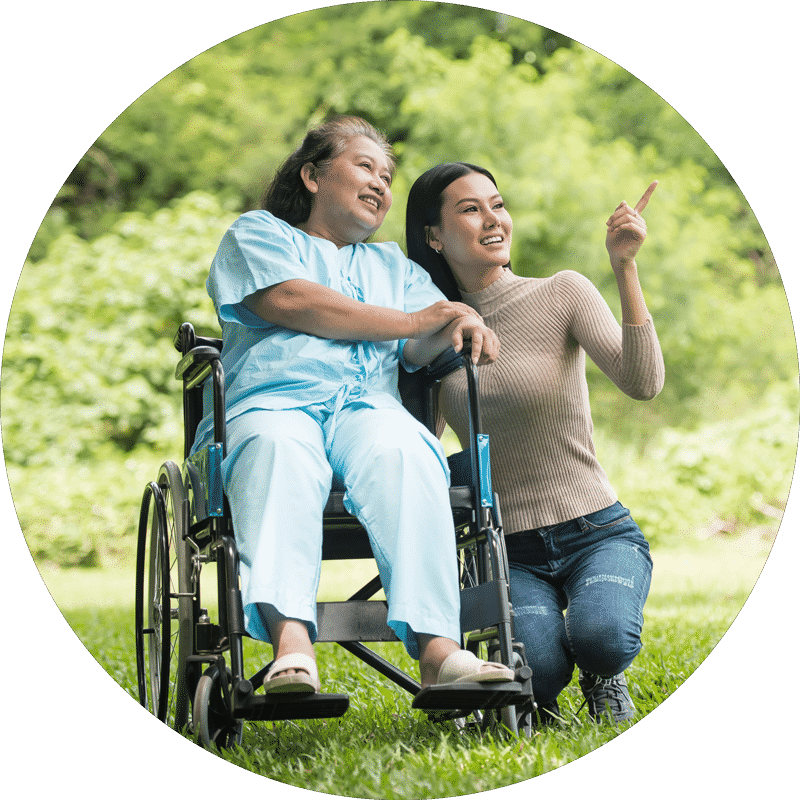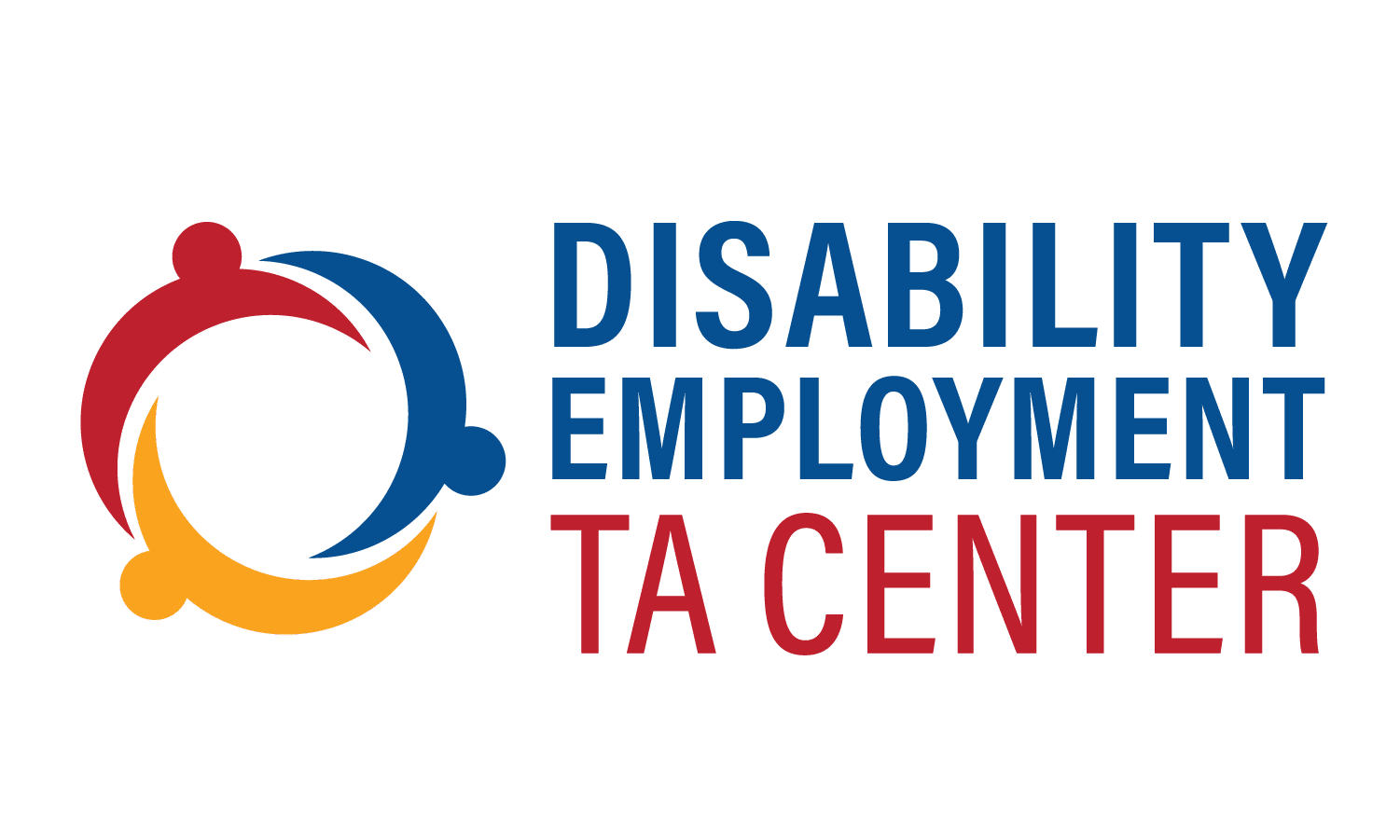AOD Grantees
AOD’s Disability Grantee Network
These categories of federally-funded grantees are the primary focus of the National Disability Employment TA Center, due to their distinct and critical roles in promoting improved competitive integrated employment outcomes and economic advancement of people with disabilities at both an individual and systems-level.

Federally-Funded Centers for Independent Living (CILs)
ACL’s independent living programs work to support community living and independence for people with disabilities across the nation based on the belief that all people can live with dignity, make their own choices, and participate fully in society. These programs provide tools, resources, and supports for integrating people with disabilities fully into their communities to promote equal opportunities, self-determination, and respect.
Federally-Funded Centers for Independent Living (CILs) are community-based organizations that are designed and operated by people with disabilities. CILs provide services that enable people with disabilities to live in their community of choice with supports they need. At a minimum, every CIL is required to provide the core services outlined in the Act.
- Information and referral services
- Independent living skills training
- Independent living skills training
- Peer counseling
- Individual and systems advocacy
- Services that facilitate the transition from institutions to community living, diversion from institutions to community living, and transition of youth from secondary education to post-secondary life
State Councils on Developmental Disabilities (Councils)
State Councils are self-governing organizations charged with identifying the most pressing needs of people with developmental disabilities (DD) in their state or territory. Councils advance public policy and systems change that help individuals with DD gain more control over their lives. The 56 Councils across the United States and its territories work to address identified needs by conducting advocacy, systems change, and capacity building efforts that promote self-determination, integration, and inclusion.
Key activities include conducting outreach, providing training and technical assistance, removing barriers, developing coalitions, encouraging citizen participation, and keeping policymakers informed about disability issues.
Council members are appointed by a state’s governor; by law, more than 60% of a Council’s membership must consist of individuals with developmental disabilities or their family members. Advocates and state agency representatives also serve as members. This diversity enables Councils to better analyze and improve systems and services within a state and ensure that the voices of people with developmental disabilities and their families are heard.
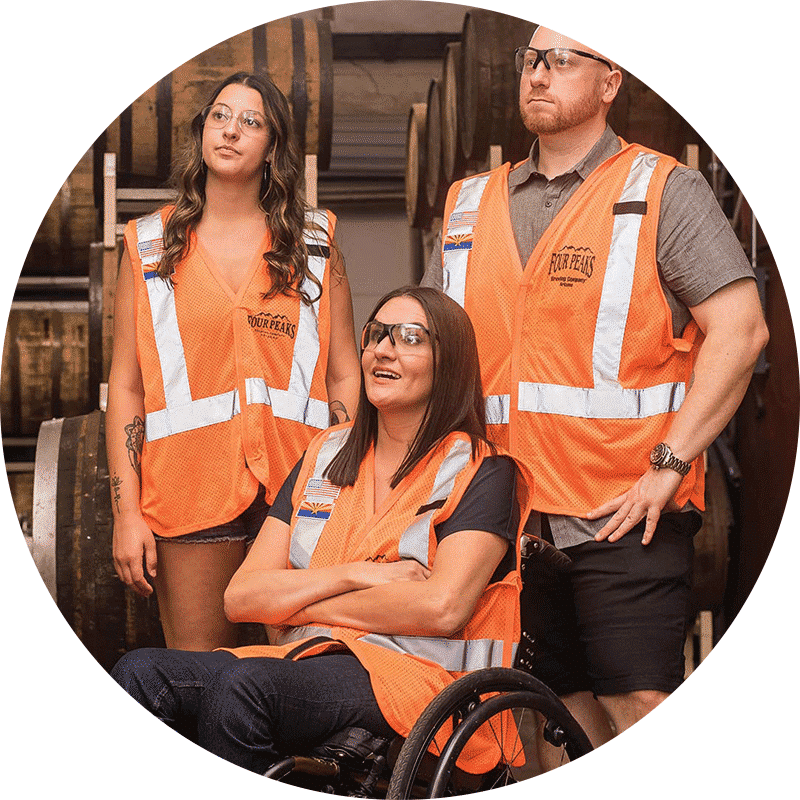
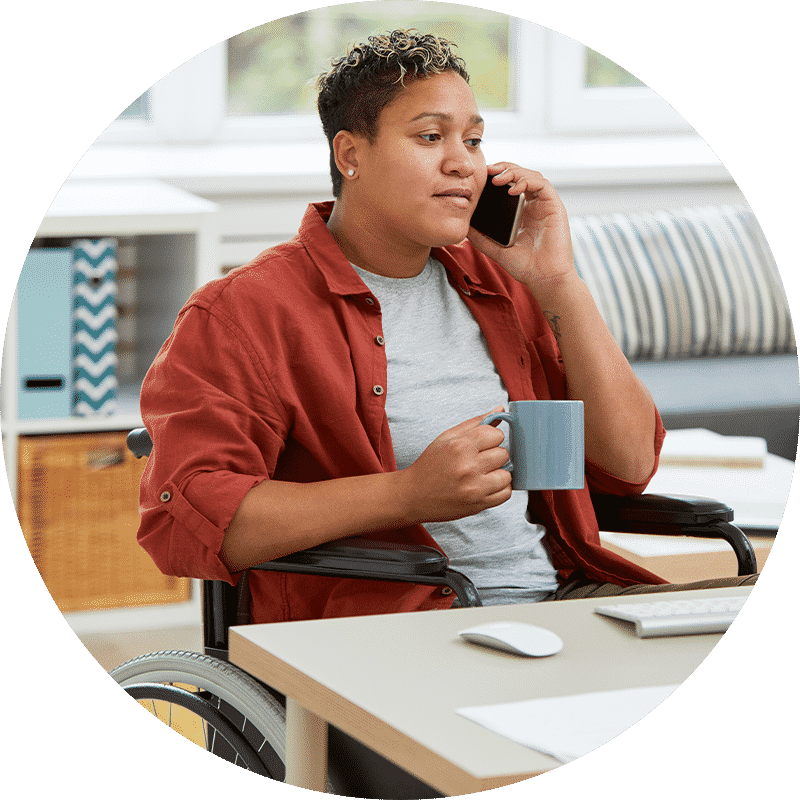
University Centers for Excellence in Developmental Disabilities (UCEDDs)
ACL funds 68 UCEDDs throughout the United States and its territories that form a nationwide network of independent but interlinked centers, representing an expansive national resource for addressing issues, finding solutions, and advancing research related to the needs of individuals with developmental disabilities and their families. Four core functions frame the UCEDD program:
- Interdisciplinary pre-service preparation and continuing education
- Research, including basic or applied research, evaluation, and public policy analysis
- Information dissemination
- Community services, including direct services, training, technical assistance, and model demonstrations.
State Protection & Advocacy entities (P&As)
State Protection & Advocacy entities (P&As) work at the state level to protect individuals with disabilities by empowering them and advocating on their behalf. There are 57 P&As in the United States and its territories, and each is independent of service-providing agencies in their states. P&As provide legal support to traditionally unserved or underserved populations to help them navigate the legal system to achieve resolution and encourage systems change.
P&As ensure that individuals with disabilities are able to exercise their rights to make choices, contribute to society, and live independently. P&As also provide information and referrals, as well as training and technical assistance to service providers, state legislators, and other policymakers. They also conduct self-advocacy training and raise public awareness of legal and social issues affecting individuals with developmental disabilities and their families.
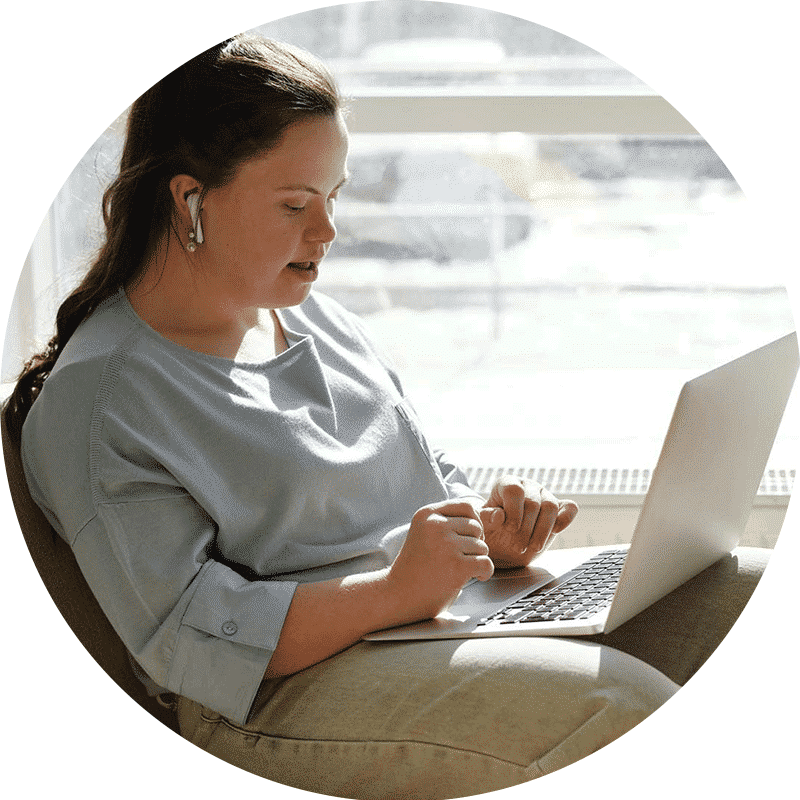
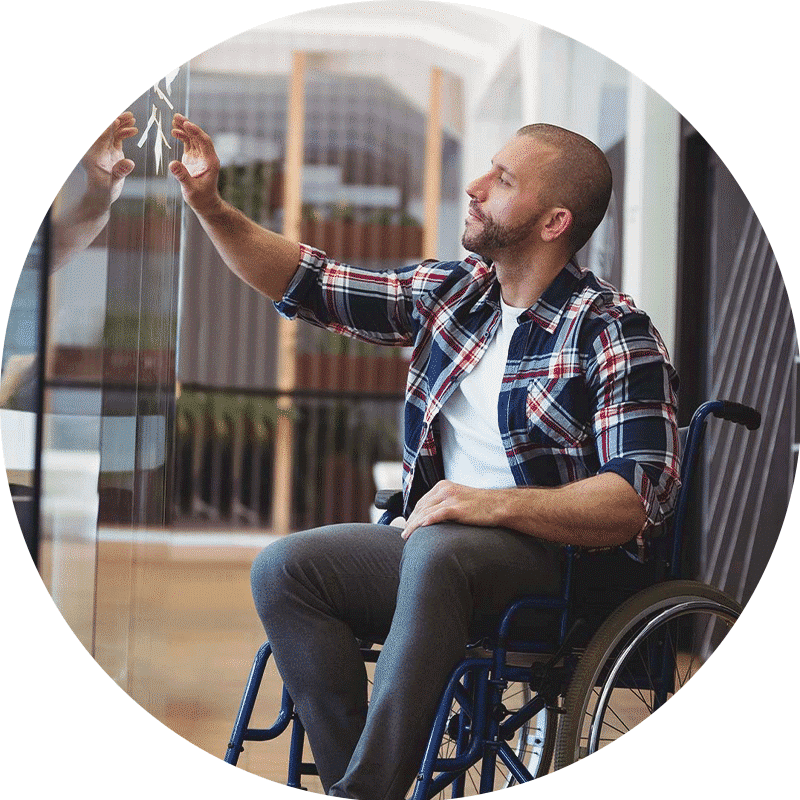
Traumatic Brain Injury (TBI) State Partnership Program
The Administration for Community Living’s (ACL) Traumatic Brain Injury (TBI) programs include the State Partnership Program (SPP) and Protection and Advocacy (P&A) TBI Program (PATBI).The programs began in in 1996 (SPP) and 2002 (PATBI) to build a nationwide network that improves access to health, advocacy and other TBI-related services. Since then, the programs have funded state agencies and organizations across the country that foster services and supports for all members of the TBI community, including survivors, caregivers, and professionals.
TBI State Partnership Program grantees are working to expand and improve state and local capability so individuals with TBI have better access to comprehensive and coordinated services. They also actively encourage systems change activities so that states can better meet the needs of individuals with TBI and their families.
The TBI State Partnership Grant Program provides funding to help states increase access to services and supports for individuals with TBI throughout the lifetime.
Projects of National Significance (PNS)
Projects of National Significance (PNS) focus on the most pressing issues affecting people with developmental disabilities and their families, creating, and enhancing opportunities for these individuals to contribute to, and participate in, all facets of community life. Through PNS, ACL supports the development of national and state policy and awards grants and contracts that enhance the independence, productivity, inclusion, and integration of people with developmental disabilities. Current PNS priorities include improving state employment policies and employment outcomes of individuals with developmental disabilities, collecting data on family support and service outcomes, and providing technical assistance and training for AIDD network entities.
